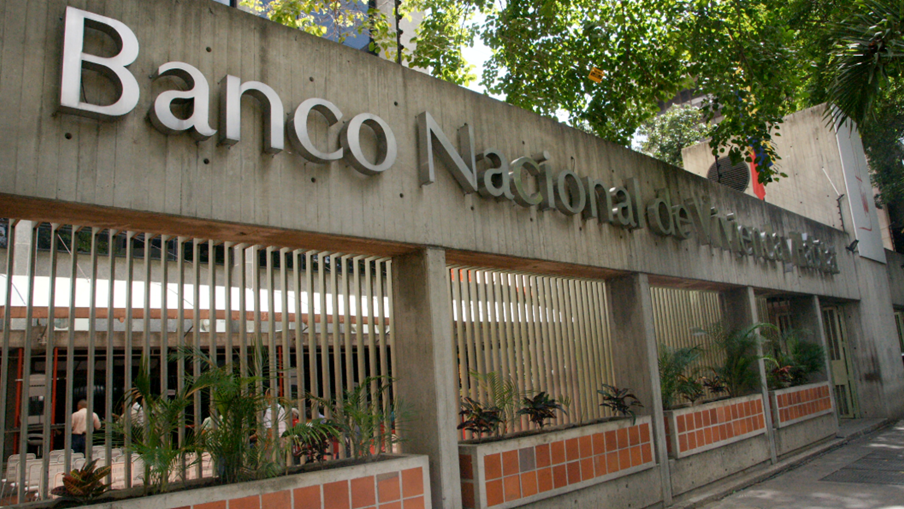As the U.S. ramps up pressure against the Venezuelan government, Washington has sanctioned dozens of current and former officials aligned with Nicolas Maduro for economic mismanagement and corruption.
Two of these sanctioned Venezuelan officials have served in senior leadership roles at Banco Nacional de Habitat y Vivienda (BANAVIH), which controls, promotes and administers funds for housing projects, according to its website. Neither the bank nor the Ministry of Housing and Habitat, which oversees BANAVIH, has been sanctioned.
Venezuela remains one of the world’s most corrupt countries, ranking 168th out of 180 on the latest edition of Transparency International’s Corruption Perceptions Index. In May, the U.S. Treasury Department’s Financial Crimes Enforcement Network (FinCEN) alerted U.S. banks to methods utilized by officials close to Maduro to exploit the country’s financial system. The Maduro government uses its control over sectors of the economy to generate wealth for senior political figures and state-owned enterprise leaders, along with their families and associates, FinCEN said.
“It is FinCEN’s assessment that all Venezuelan government agencies and bodies, including [state-owned enterprises], appear vulnerable to public corruption, money laundering and other financial crimes,” the advisory said.
Current and former BANAVIH officials also hold high-level government positions, Kharon found. A U.S. executive order grants the Treasury the authority to impose sanctions on current or former Venezuelan government officials aligned with Maduro.
Manuel Salvador Quevedo Fernandez (Quevedo), who was sanctioned in February, was the president of BANAVIH during 2016-2017, and served concurrently as the housing minister at that time. He is currently president of Petroleos de Venezuela SA (PdVSA) and mining and petroleum minister.
Quevedo’s wife, Maria del Pilar Araujo de Quevedo, is a director of BANAVIH, according to government records. She is the president of PDVSA La Estancia, the social, cultural, and revaluation arm of PdVSA.
Americo Alex Mata Garcia (Mata), who was sanctioned in March 2018, is an alternative director on BANAVIH’s board. Mata has held an array of positions across government, according to the U.S. Treasury, including vice minister of agricultural economics and president of the Agricultural Bank of Venezuela.
Mata also coordinated Maduro’s 2013 presidential campaign, and in that role he requested and received payments from Brazilian construction giant Odebrecht SA, according to the Treasury designation statement. Mata asked for $50 million in the name of Venezuela’s government in exchange for contract guarantees; the company reportedly gave $35 million to the Maduro campaign, Treasury added.
Odebrecht reached a multibillion-dollar settlement in 2016 with U.S., Brazilian, and Swiss authorities over a global bribery investigation. The company this week filed for bankruptcy protection. Officials across the globe are facing investigations for receiving Odebrecht-linked bribes, though Transparency International criticized Venezuela in late May for taking little investigative action related to the case.
Other managers and members of the board who concurrently hold government positions are not sanctioned, including Ildemaro Moises Villarroel Arismendi, the minister of housing, Hilda Maria Cabeza Morillo, the general director of the Administrative Management Office of the Venezuela Ministry of Petroleum, and Rosa Ana Varlese Rivero, the general director of the Office of Planning and Budget of the Venezuela Ministry of Women and Gender Equality.
Samuel Rubenfeld contributed to this report.
